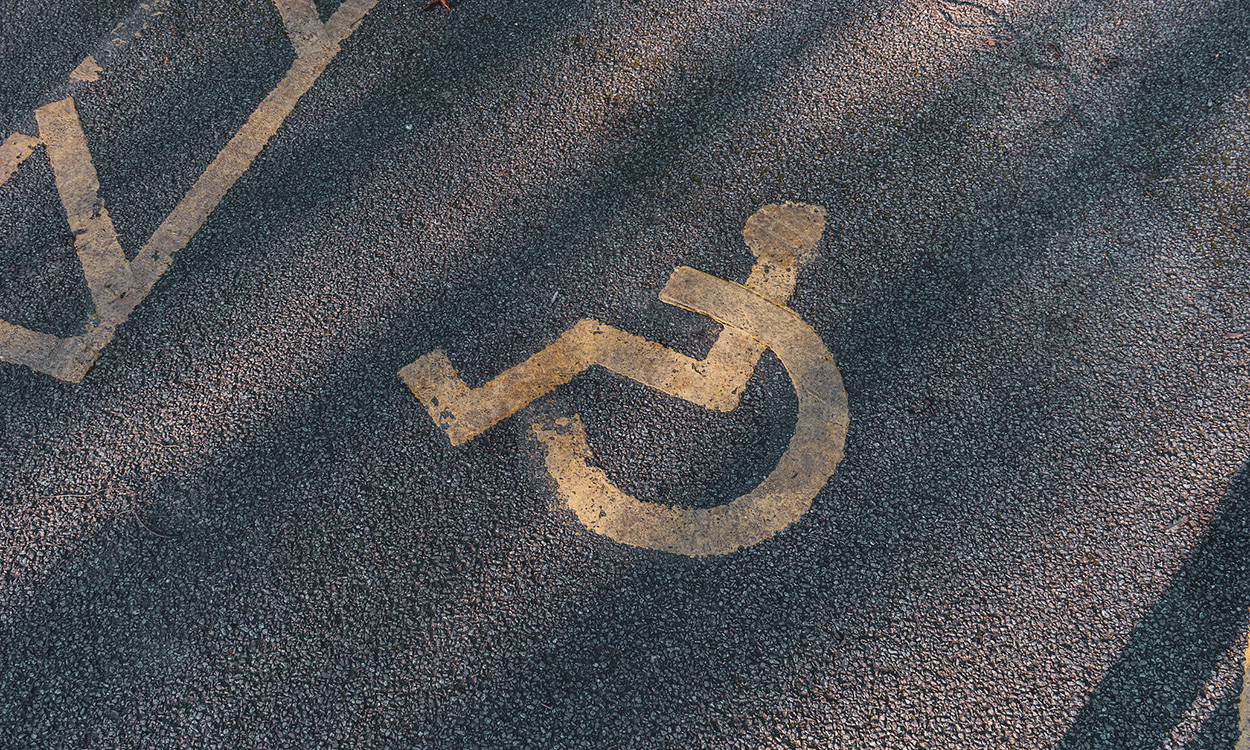The idyllic seaside town of Falmouth in Cornwall is populated with students, families and retirees alike, then swamped with tourists in the summer months who look to relish the salty breeze and epicurean delights the town has to offer. Whilst for some residents living in Falmouth is a pleasure, for others it can be quite the opposite.
Wheelchair user Ash Self has lived in Falmouth since September 2020, studying English & Creative Writing at Falmouth University on the Woodlane Campus. His everyday life is not an easy endeavour in the town, his social life and education both made more difficult by the inaccessibility he faces.
“There are more restaurants in this town that say ‘dogs welcome’, than restaurants that I could get into in a wheelchair,” he comments, bluntly.
Having rented a mostly accessible home near to the university campus that he studies on, his commute typically is hassle free, yet considerations are still made daily when living in a town and attending a university that is not known for its accessibility. Whether the pavements are still littered with recycling bags after waste collection day or if they’re even wide enough for his power-assisted chair to fit through, these are the situations that are preempted by wheelchair users that may seem foreign to able-bodied individuals in the same location.
According to a 2021 census, a fifth of the Cornish population live with a disability and so 22-year-old Self is one of many that experience difficulty navigating the region due to its inaccessibility. Despite living directly behind a train station, public transport is one of the biggest obstacles that he faces.
“I’ve never gotten the train, unless it’s with a manual chair and with a friend,” he says, indicating that the ramp to get across the large platform gap is not viable due to the narrow platform. Buses aren’t an easy alternative either. He has faced hostility from bus drivers in the past upon asking for the ramp to be placed for him to get onto the vehicle.
Disability equality charity, Scope, suggested that it was “high time” that society was more inclusive of those with disabilities. Research manager Craig Moss said that “disabled people are repeatedly forgotten by government, business and society. Workplaces, pubs and public transport aren’t accessible.”
The lack of funding in accessibility in Falmouth has recently been mentioned by Deputy Mayor of Falmouth, Kirstie Edwards. In discussions around the £50 million new trainline between Falmouth and Newquay, Edwards considered whether accessibility upgrades for the town centre would be a better use of the enormous budget,adding: “I can think of endless ways we could use this money to really improve the lives of residents.”
Having recently been nominated to be the Accessibility Champion for Falmouth Town Council, Edwards plans to host public meetings to create a consultation team for Falmouth, made up of local people with varied needs. This comes after the recent repaving of the coastal path between Gyllyngvase and Swanpool Beaches, which is now wheelchair accessible.


